New research proves salt substitution lowers the risk of stroke and heart attack

On the 29th of August a study entitled “Effect of Salt Substitution on Cardiovascular Events and Death” was published by The New England Journal of Medicine. The study, by Neal et al from the George Institute for Global Health, found that use of reduced sodium and increased potassium salt substitutes significantly reduces rates of stroke, heart attack and death. The study was […]
Cost-effectiveness of population salt reduction interventions in Cameroon
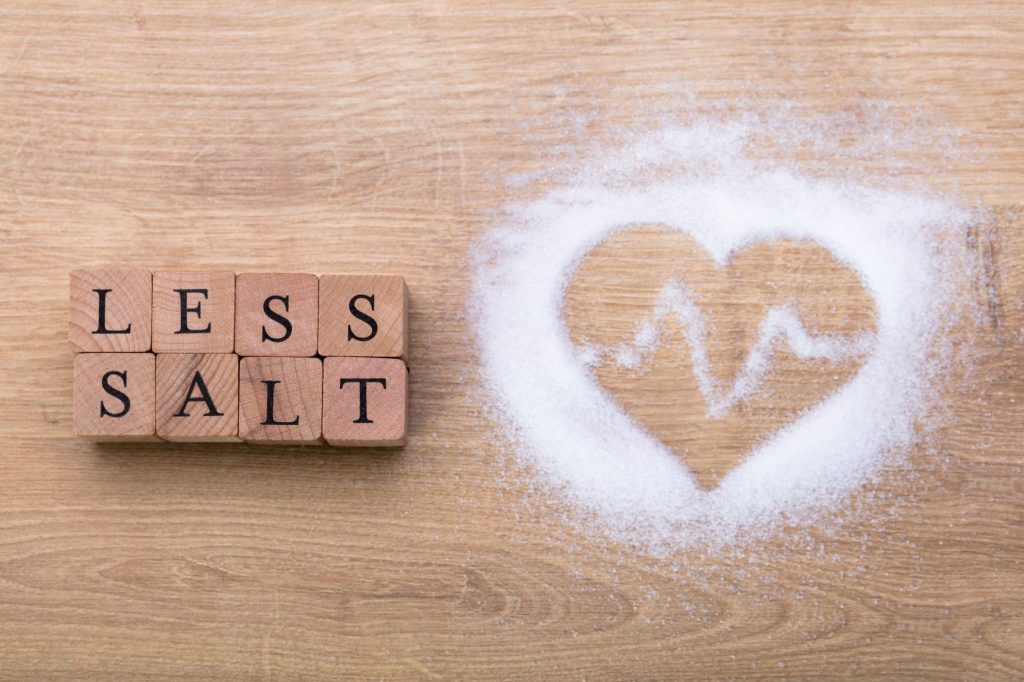
Published in BMJ Open on 24th November 2020, Aminde, Cobiac, and Veerman conducted a cost-effectiveness analysis of three population salt reduction interventions to prevent cardiovascular disease (CVD) in Cameroon. Using a multicohort multistate life table Markov model, the study estimated that over 10,000, 79,000 and 84,000 CVD deaths could be avertedfrom mass media, school education […]
Potassium-enriched salt substitutes nationwide in China are estimated to have significant population health benefits
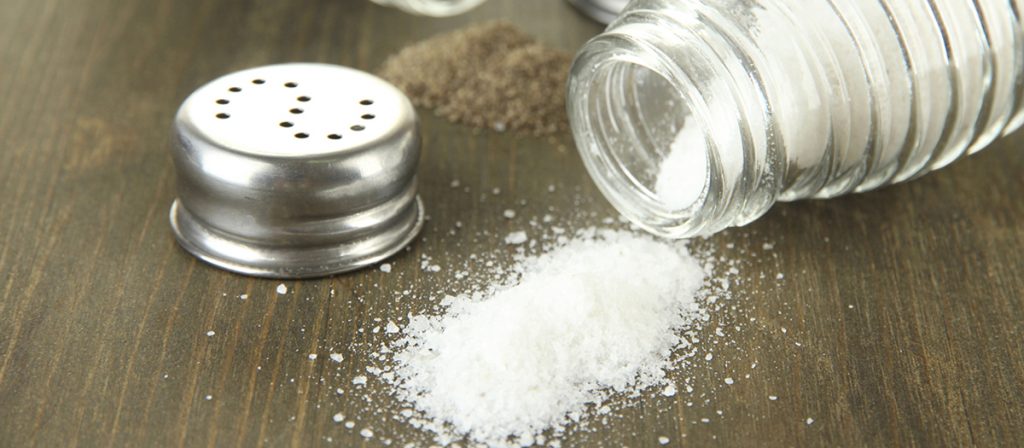
Published in the British Medical Journal, Markland et al used comparative risk assessment models to estimate the effects of nationwide replacement of discretionary salt with a potassium-enriched salt substitute on morbidity and death from cardiovascular disease (CVD) in adults living in China. Additionally, a separate model was conducted to estimate harms related to salt substitute […]
“Pass less salt and when you pass it, make it potassium salt”
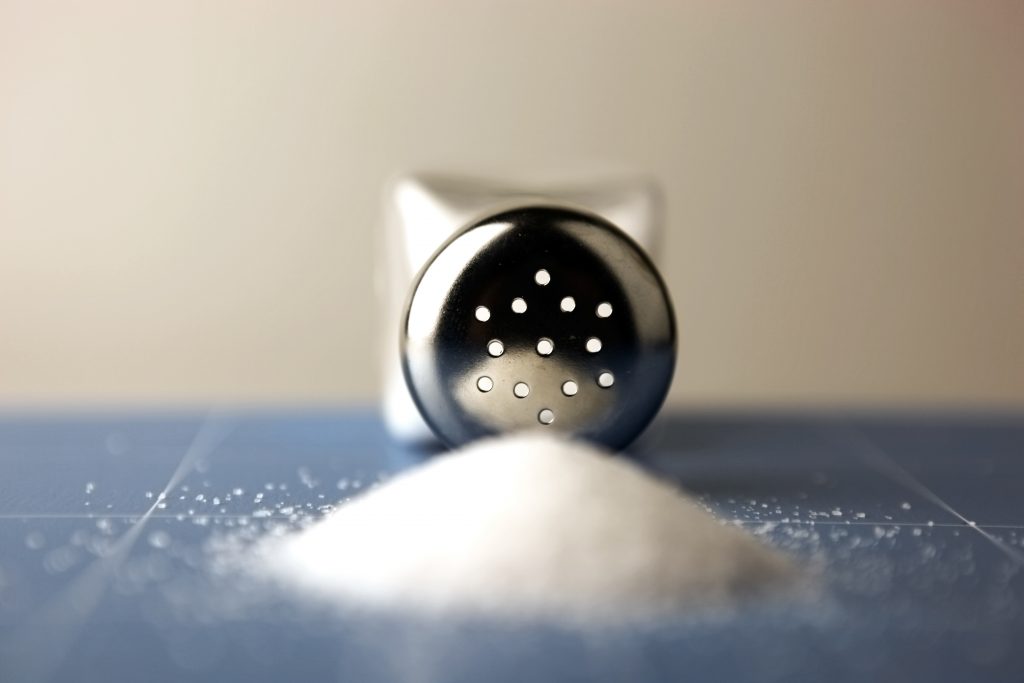
In an article recently published in The Hill, author Dr Thomas Frieden (President and CEO of Resolve to Save Lives) discusses the petition to the FDA to change potassium salt labelling regulations. Currently, the FDA requires companies to list potassium salt as “potassium chloride salt”. Frieden suggests that this could discourage people from purchasing […]
Potential use of salt substitutes to reduce blood pressure

Farrand et al published a commentary outlining the potential use of salt substitutes to complement existing salt reduction strategies. Salt substitutes offer an opportunity to further reduce population salt intake and also increase potassium intake, which will reduce population blood pressure and assist in preventing and managing hypertension. They recommend governments consider promoting and subsidising salt […]
Iodine fortification of foods and condiments, other than salt, for preventing iodine deficiency disorders (Review)

Santos et al recently published a Cochrane Review, investigating the addition of iodine to foods other than salt to prevent diseases caused by inadequate iodine intake. Eleven studies met the authors’ inclusion criteria, seven randomised control trials (RCTs), three cluster non-RCTs and one randomised cross-over study. The majority were carried out in school aged children […]
Dough mixing properties and white pita bread sensory characteristics as affected by salt reduction
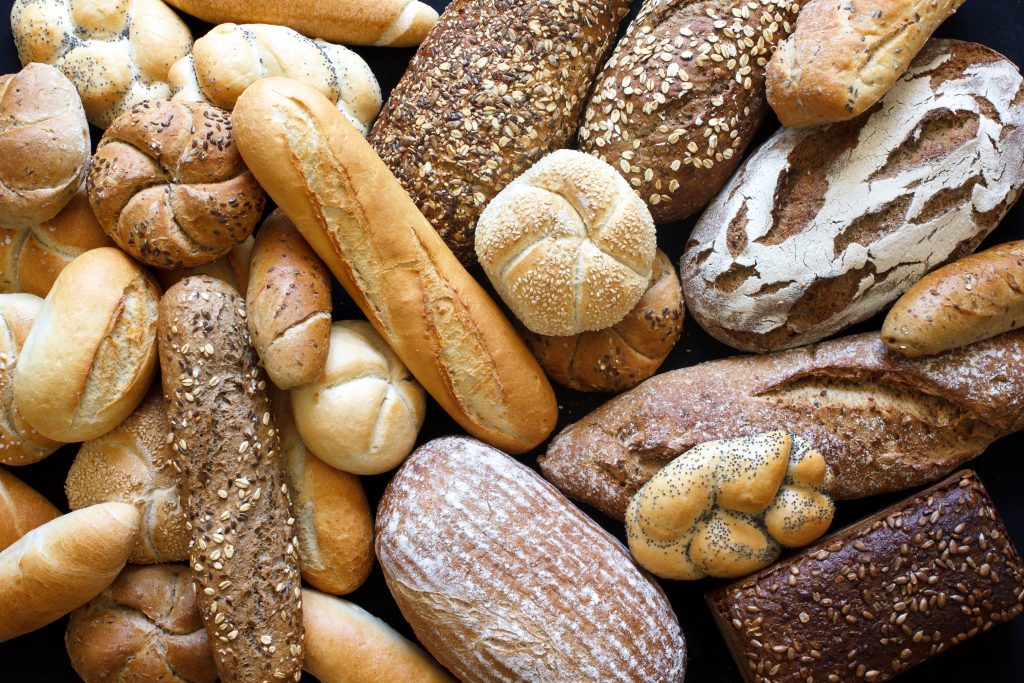
A recent study by Georges C et al investigated the dough mixing properties and sensory characteristics of white pita bread using three different types of salt (NaCl, Ag-NaCl and NaCl-KCl). For acceptability, the “just-about-right” scale showed 0.9% normal salt (NaCl) was optimal in bread. This “saltiness” could be achieved by the alternative salts, resulting in a […]
Effect of low-sodium salt substitutes on blood pressure, detected hypertension, stroke and mortality
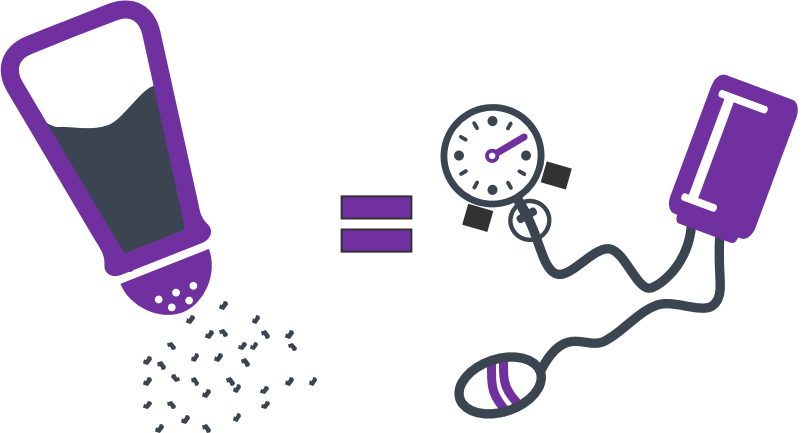
Hernandez et al conducted a systematic review and meta-analysis to assess the efficacy of low-sodium salt substitutes (LSSS) as a potential intervention to reduce cardiovascular diseases. Findings show that LSSS significantly decreased systolic and diastolic blood pressure, with no effect for detected hypertension, overall mortality and intermediate outcomes. Read the full article here.
“Potassium Salt” – The FDA Citizen Petition for Potassium Salt Labeling

NuTek Food Science have been petitioning the US Food and Drug Administration (FDA) to allow labeling of Potassium Chloride as Potassium Salt. NuTek are petitioning for this voluntary and optional labeling given literature that shows consumers better understand and accept the term salt, as seen for sodium chloride, rather than seeing potassium chloride as a […]